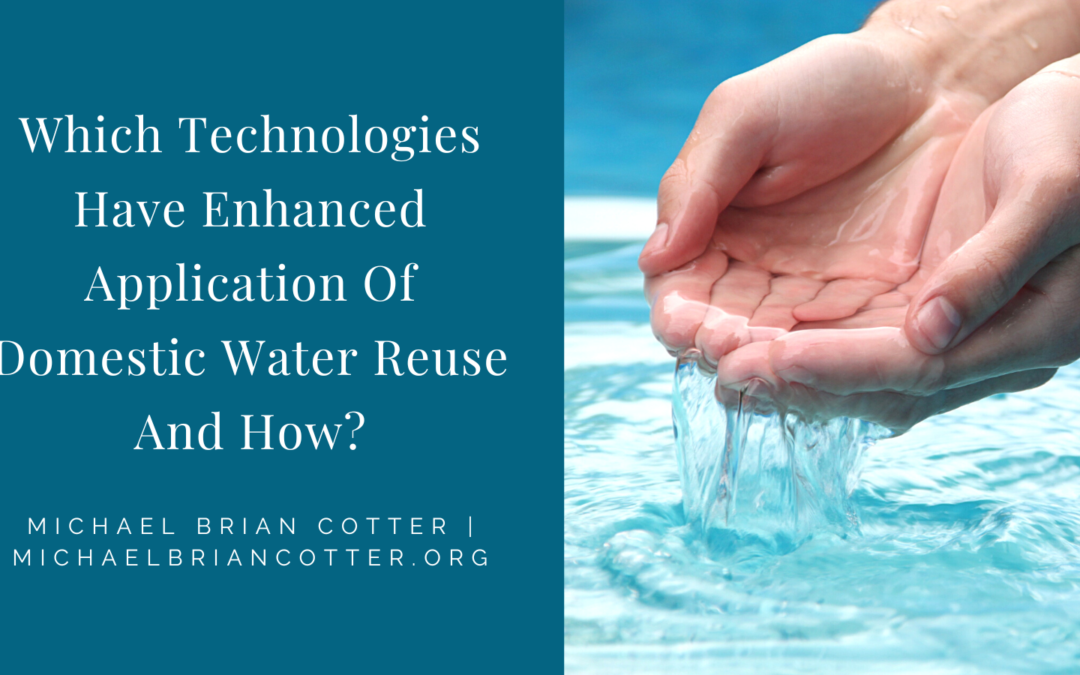As we go through the years, water-related issues are unfortunately becoming more prevalent day in and day out. Threats such as water pollution and even water scarcity have increased insurmountably. For this reason, domestic water reuse has become more necessary. Luckily, some technologies have become essential for domestic water reuse.
Technological advancements
Technologies have come a long way from the beginning of water reuse. For example, several biological processes have been instrumental in removing unnecessary nutrients from the water– specifically, the removal of nitrogen and phosphorus has been incredibly effective.
Biological Excess Phosphorus Removal (BEPR) technologies are the most helpful and recommended for reusing water. However, those aren’t the only technologies that are helpful. There are a number of physiochemical processes, such as membrane filtration that can help people on a more industrial scale. Deep bed filtration has been used in industries as well. Not only that but there have been companies that create water treatment systems to help meet the needs of emergencies in more remote locations.
Moreover, hybrid processes for domestic water reuse have been heralded as the most effective, as they can be used on an industrial scale for a better outcome. Hybrid process is the use of filtering water through both physiochemical and biological processes. In more special situations, they also can use bioreactors.
Traditional processes
Even though technology has come a long way throughout the years, there’s something to be said about the tried and true traditional physiochemical methods for water reuse. One method that’s preferred through ease of use is deep bed filtration. However, if there’s a situation that requires more extensive filtration, technologies like membrane filtration are more often used and are preferred because of their greater effluent quality. Not only that, but the disinfectant needs are minimal, as it’s been claimed that these processes can generate no sludge whatsoever.
Greater Applications
Going through domestic water treatment and reuse is not only incredibly significant in treating drinking water, but they also work well in the agricultural sectors. Productivity and efficiency have been found to have increased through the use of treated water. Not only that but the use of chemical fertilizers can be avoided. Treated wastewater can also be used to irrigate golf courses and other public places.
